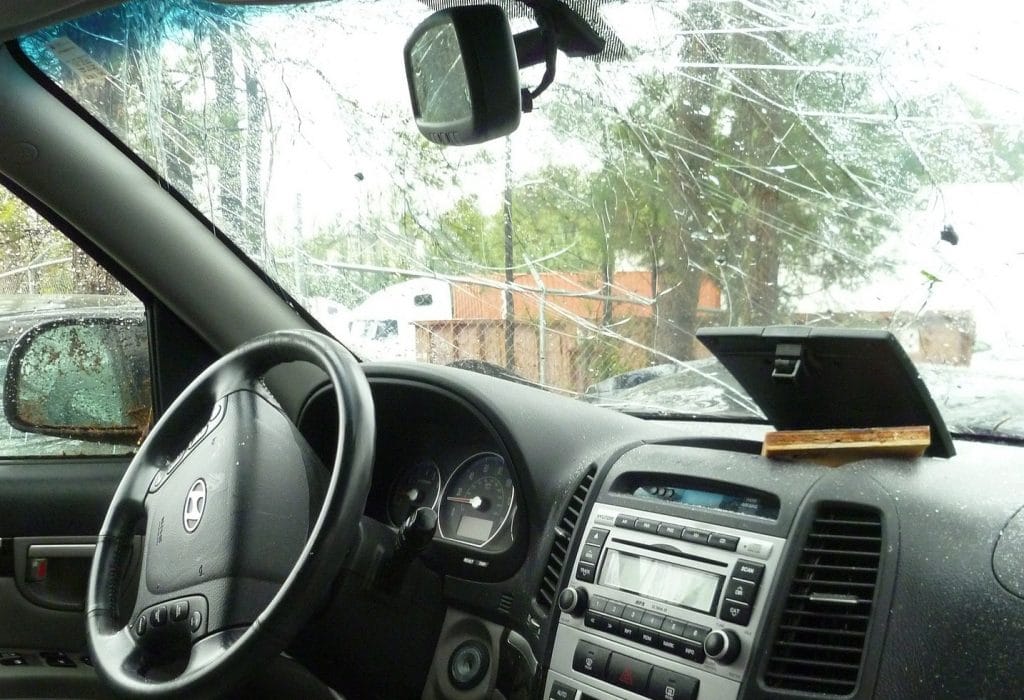Advance Payment from UM Carrier Functions as a Setoff
Car AccidentsIn the case of Richard Solomon v. State Farm, Case Number 5D18-3920 (Fla. 5th DCA August 21, 2020), Florida’s Fifth DCA held that an advance payment by a UM carrier is considered a setoff.
Underlying Facts
Solomon sued State Farm as the uninsured motorist carrier for a car accident. Before trial, State Farm made an advance payment of $185,000 to Solomon stating that this was a “good faith payment” and would be “credited against any final determination of damages.”
Solomon accepted the payment.
At trial, the jury returned a total verdict of $286,521.57 and the parties agreed upon $141,026.71 in setoffs. The reasons for the setoffs were not articulated in the opinion, but I assume that those were correct.
This leaves Solomon with a net judgment below the amount of the advance payment made. Solomon’s attorney argued that the verdict should only be reduced by the agreed-upon setoffs which would result in a judgment in Solomon’s favor. His attorney also argued that the advance payment from State Farm would then be utilized as a credit toward the satisfaction of the judgment in favor of Solomon.
On the other hand, State Farm argued that they were entitled to a setoff for the amount advanced and the trial judge ruled in State Farm’s favor.
The Fifth DCA cited case law and upheld the trial judge’s ruling and commented that “we find little reason to support Solomon’s argument that the trial court’s determination of attorney’s fees and costs should be made without consideration of the advance payment made by State Farm.” The Fifth DCA further commented that accepting Solomon’s argument would give him “the opportunity to recover costs even if the jury verdict has been less than the amount of the advance payment.”
To Accept Or Not To Accept? An Advance Payment…
This is where things get much trickier. On one hand, the advance payment seemed harmless when it was offered. State Farm was offering money to be a “credit” against what they would pay. There was no discussion of what would happen if a verdict (or net judgment) less than the advanced amount was received.
Keep in mind that traditional thinking is that State Farm made the advance payment because they considered there was a potential that the claim was worth more than $185,000 but yet they wanted to see what happened at trial and did not want to be held in bad faith should the verdict end up greater than the policy limits.
With that being said, no one ever knows what a jury is going to do. As lawyers, we might think we know but we do not. The same goes for the insurance companies. Going forward, if the courts are going to consider an “advance payment” from a UM carrier as a setoff instead of just a credit against what will eventually be paid, then more thought needs to go into the decision of whether to accept such an amount.
There may be some cases where plaintiffs accept the advance. In others, a plaintiff may want to consider rejecting the advance unless an agreement can be reached on what is to happen in the event that the verdict (net judgment) is less than the amount advanced and how that plays into whether there are sanctions for losing on a proposal for settlement and when costs can be taxed upon successfully reaching a judgment.
Talk To A Florida Car Accident Lawyer About Your Case
This case is another example of how complicated the law regarding car accidents in Florida has become and there is a reaction for almost every action. If you have been injured in a Florida car accident, you should call Russo Law to have a free discussion with an attorney about your case. Call today to schedule your free car accident consultation.


